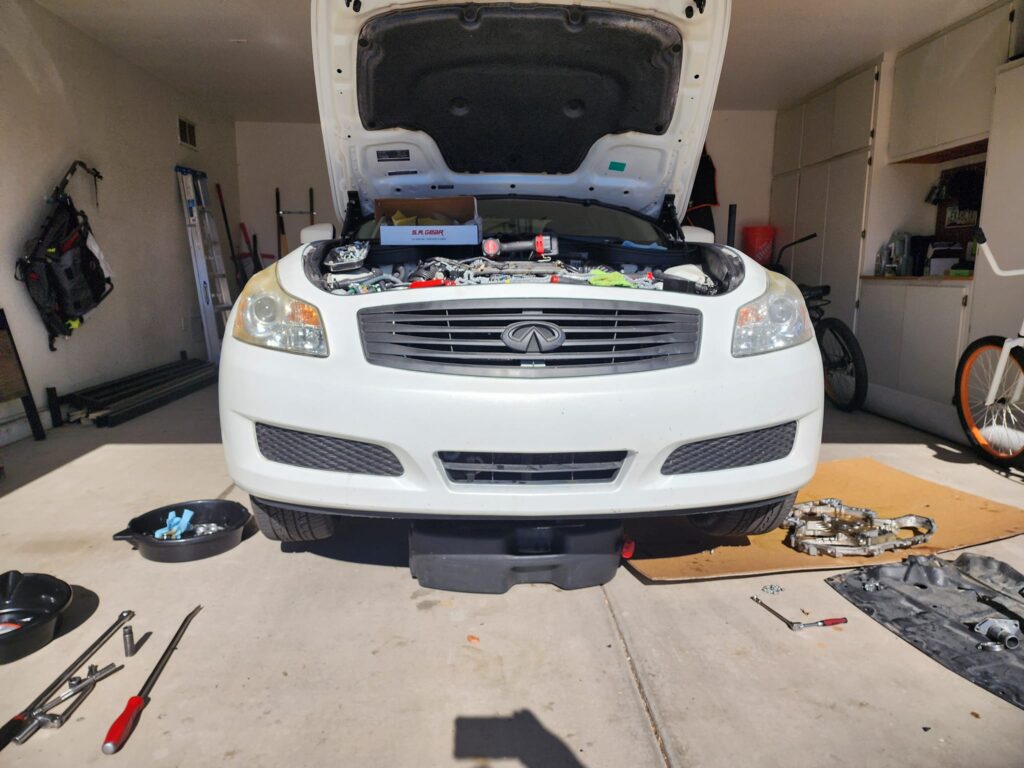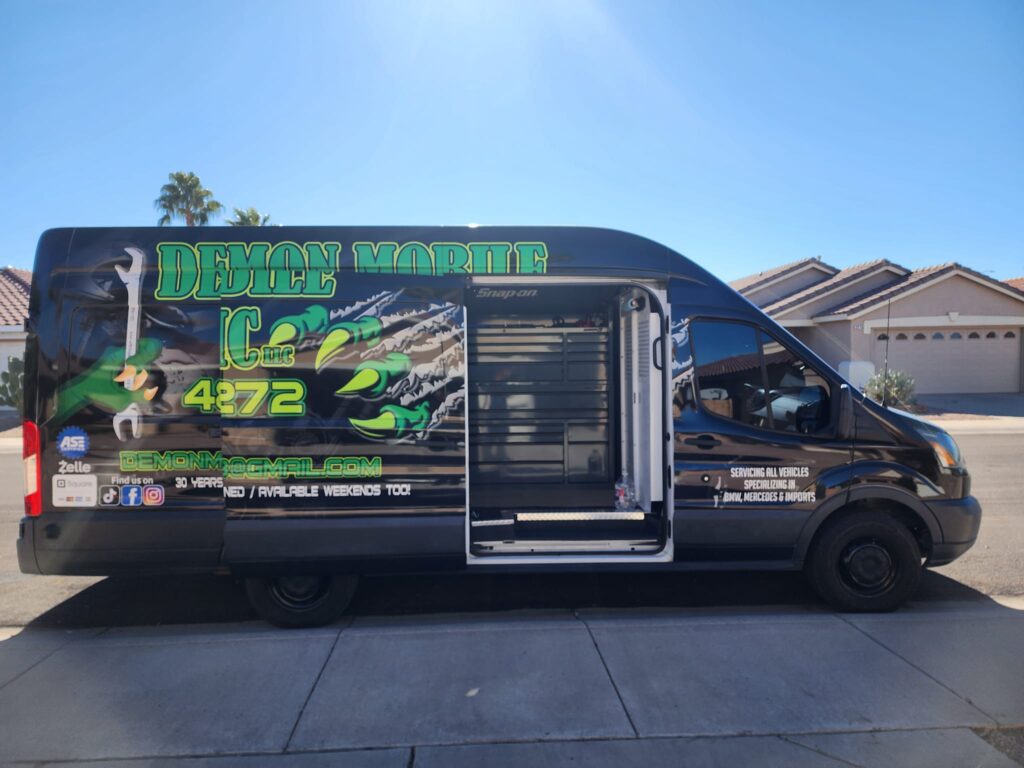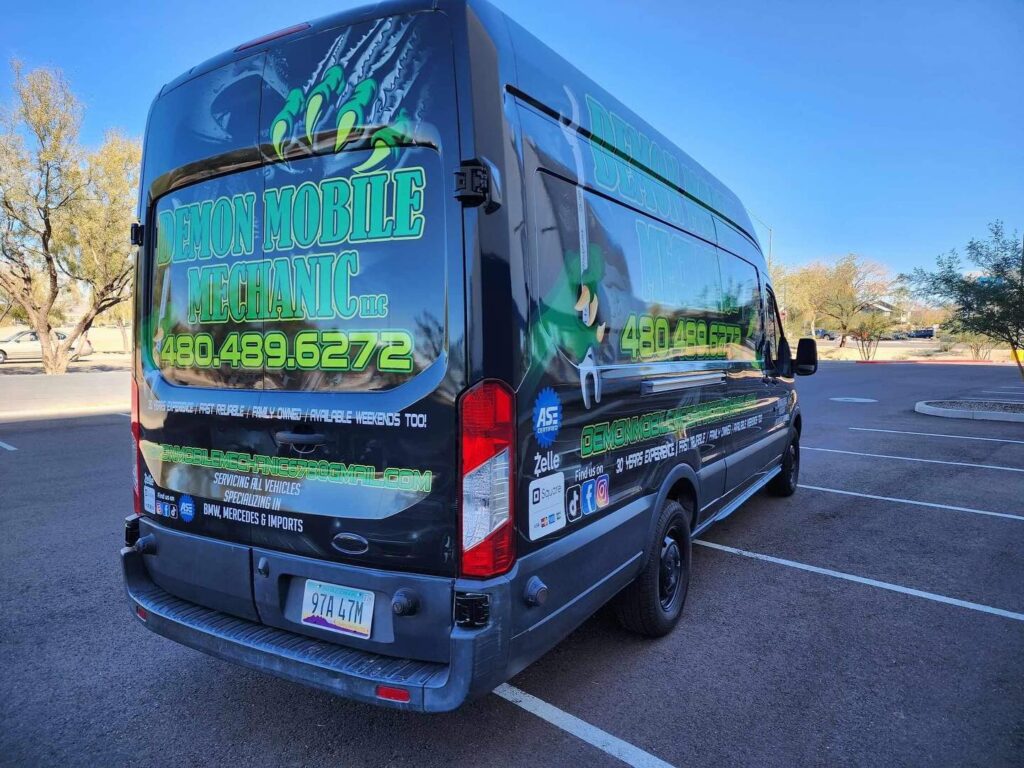Navigating Essential Vehicle Maintenance: A Guide for Car Owners

Part of being a responsible car owner is staying up to date on the maintenance that your vehicle needs to run smoothly and efficiently. That means learning the ins and outs of your particular car so you can keep it in the best condition possible.
Certain cars necessitate more frequent maintenance, while others enjoy longer intervals between repairs. This article will explore overall car maintenance and highlight distinctions among vehicles produced in various countries. To delve into American, German, Japanese, and European vehicle maintenance, continue reading!
What Constitutes General Car Maintenance?
General car maintenance encompasses a series of small yet crucial tasks that collectively contribute to the well-being of your daily driver. Prioritizing the care of your vehicle not only extends its lifespan but also shields you from potential expensive repairs or the need to purchase a new car.
Routine car maintenance involves activities like tire checks, oil and filter changes, belt inspections, battery corrosion removal, and more. While some tasks are manageable independently, others may require the expertise of a professional auto mechanic to ensure proper execution.
In the initial stages of a car’s life, around 5,000 miles, it is essential to initiate routine maintenance. This initial check-up is significant as the vehicle’s components are still “breaking themselves in.” For instance, the oil pan might release metal fragments that need to be drained with the oil. Additionally, it ensures that all valves and hoses are free from any leaks directly from the factory.
Following the first scheduled maintenance, subsequent check-ups can be spaced between 5,000 to 10,000 miles. Consult your owner’s manual to determine the optimal maintenance schedule for your specific car, as it serves as a valuable resource.
Now, let’s delve into the distinctions in car maintenance practices for vehicles produced in different regions of the world.

Maintenance for American Cars
Caring for domestic vehicles may involve tasks that are generally simpler compared to those required for foreign cars, but it is equally crucial! Adhering to the standard every-5,000-miles guideline is recommended for regular oil changes.
When it comes to tire maintenance, tread wear on American cars is not significantly different from other vehicles, as various tire types are used universally. Rotating your tires every 6,000 to 8,000 miles is a good practice, with vigilant monitoring of the tread for any noticeable wear. If the tread pattern becomes difficult to discern on any part of the tire, it’s advisable to have a mechanic double-check it.
A clogged fuel filter can severely impact your engine’s performance. While there is ongoing debate about the ideal interval for fuel filter replacements, it is prudent to consider swapping them out at least every 30,000 miles. When the time comes, consult a mechanic for a pressure test to ensure optimal functionality.
Maintenance for German Cars
The battery in your vehicle plays a crucial role in powering numerous systems, and fortunately for German car owners, Gel AGM batteries are the standard for most German automakers. Although these batteries come equipped with a warning system to indicate when they are nearing the end of their lifespan, it is advisable to perform regular checks. While designed to last 4-5 years, corrosion can accumulate due to various factors.
German cars boast a plethora of useful onboard electronics, with many models featuring over 90 different computers simultaneously in operation. To ensure a smooth driving experience, it is beneficial to have a professional inspect your vehicle’s electronics and wiring for any potential issues.
The recommended mileage for oil changes varies based on the model. For turbo and supercharged engines like the 1.8T, 2.0T in VW and Audi, a basic oil service should be scheduled every 5,000 miles, while all other late models can extend this interval to every 7,500 miles.

Maintenance for Japanese Cars
Japanese vehicles, similar to other foreign-manufactured cars, follow a comparable routine of maintenance and care, with some subtle distinctions. While most American cars typically undergo regular oil changes at 5,000 miles, Honda recommends changing the oil more frequently, around every 3,000 miles, depending on driving conditions.
Although the frequency varies among makes, Japanese cars tend to encounter belt and hose issues more frequently. These components degrade at a faster pace, so it’s essential to listen for unusual cyclic noises from the hood. Regular professional inspections are a wise practice.
In terms of tires, many Japanese import cars come equipped with tread wear indicators. If your tire tread aligns with the indicator, it’s time to contact your mechanic for a replacement. Even without an indicator, this is a task you can easily perform, and Japanese manufacturers have made it more convenient for you!
Maintenance for European Cars
In the realm of European vehicles, there are subtle differences in approaching general maintenance. For instance, timing belts should be replaced somewhere between 60,000 and 100,000 miles. Allowing a timing belt issue to persist for an extended period can lead to significant repair challenges.
While most vehicles adhere to the standard maintenance intervals of 30/60/90, indicating a comprehensive check-up every 30,000 miles, European makes often exhibit a prolonged interval before requiring a tune-up after leaving the assembly line.

For Expert Car Maintenance In Phoenix, AZ Turn to Demon Mobile Mechanic
Ensuring the well-being of your vehicle through general car maintenance is paramount. Whether it’s your daily commute, hobbies, or social gatherings, your car plays a crucial role. Entrust your daily driver to reliable mechanics who prioritize its care.
Meet Demon Mobile Mechanic, your go-to local mobile mechanic for Phoenix auto maintenance—a full-service auto repair solution without the traditional shop setting! Our team of mobile mechanics caters to all types of cars and trucks, offering a comprehensive range of services, including oil changes, tune-ups, brake jobs, and troubleshooting for no-start issues. Our certified mechanics can efficiently handle most tasks right in your driveway or at your workplace parking spot, providing you the convenience to focus on more important matters. We proudly service American, European, Japanese, and German cars.
Explore the complete list of Demon Mobile Mechanic services here
For inquiries or to schedule a service, reach out to Demon Mobile Mechanic directly by locating your nearest provider on the sidebar of this page. Trust the pros at Demon Mobile Mechanic for top-notch car care!